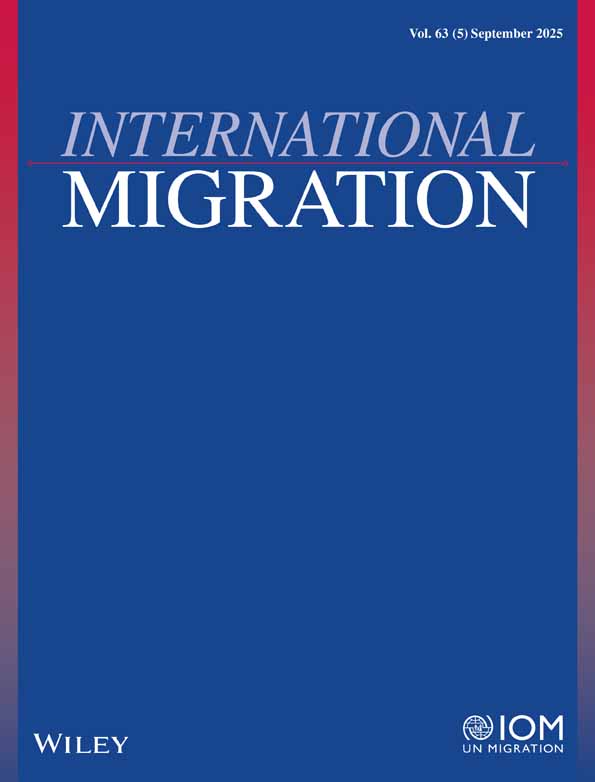Which Policy Attributes Affect Assisted Voluntary Return and Reintegration Uptake Among Ukrainian Evacuees in Japan?
Funding: This study was supported by Japan Society for the Promotion of Science (Grants 24K16290 and 24K16366).
ABSTRACT
What attributes of assisted voluntary return and remigration (AVRR) policies are likely to increase acceptance? Governments have put increasing efforts into remigration, or the return of migrants to their countries of origin. Whereas existing research has focused extensively on the determinants of policy choices, the efficacy of particular policies enacted by governments, as well as other push/pull factors in the host and origin societies that influence remigration choices, there is little work on what attributes of an AVRR policy influence policy uptake. To this end, we conducted a randomised conjoint survey on 242 Ukrainian evacuees in Japan from June to July 2024 which at the time accommodated approximately 2600 Ukrainians fleeing the 2022 Russian invasion. We find that factors such as guarantee of housing in an area less affected by conflict and the identity of the policy provider increase policy acceptance probability. Surprisingly, even large increases in one-time payments had little influence on policy uptake. This paper is the first application of conjoint experiments to study which features of AVRR policy affect acceptance probability. This approach would be useful globally to understand the preferences of potential AVRR policy recipients in diverse contexts.
Open Research
Data Availability Statement
The data that support the findings of this study are available on request from the corresponding author. The data are not publicly available due to privacy or ethical restrictions.




